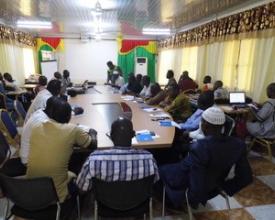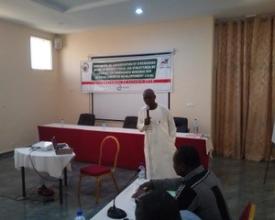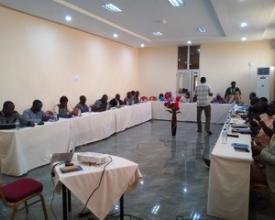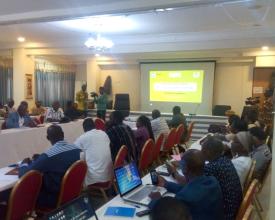In Burkina Faso, the mobilization of CSOs encourages companies to comply strictly with the new mining code
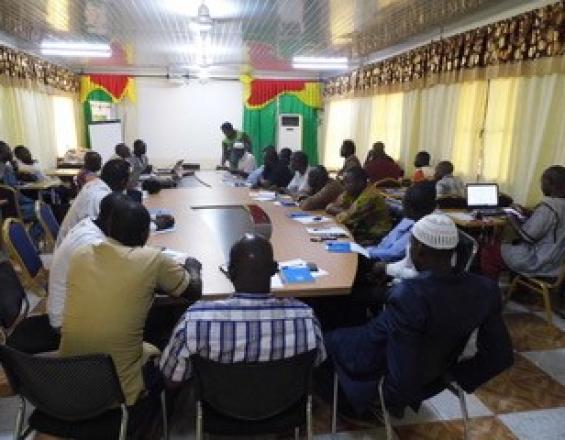
Despite the mining boom it has been experiencing for over 10 years, Burkina Faso is experiencing a problem with the application of laws and regulations governing mining activity. Since the adoption of the new mining code in 2015, mining companies have refused to pay certain taxes, notably the mining fund for local development (FMDL) and the financial contribution for water (CFE). Through capacity-building actions on advocacy and lobbying strategies, engaging the private sector and conducting case studies for evidence-based research, the SRJS program equipped its local CSO partners and their peers.
Following pressure from these CSOs, the mines have committed and started paying these taxes since 2019. This solution validates the hypothesis that CSO capacity building is an effective strategy for engaging mining companies and encouraging them to comply with host country laws and regulations.
Impacts
In terms of positive impacts, this solution has enabled seven (7) of the thirteen (13) mining companies to effectively start paying the local development mining fund, even though details have yet to be settled. As at July 31, 2019, the sum of 11,760,841,606 FCFA had been collected and distributed to the beneficiary communes and regions for the 2017-2018 period. This money will be reinvested in development actions in local authorities bordering mining sites, which will improve the well-being of communities impacted by mining activities. In addition, a national committee will be set up to monitor the collection, distribution and use of the mining fund for local development. This will improve transparency and citizen oversight at all levels.
Overall, it can be said that this solution has enabled CSOs active in the mining sector to improve dialogue with the Burkina Faso Chamber of Mines, the Ministry of Mines and Quarries, the Ministry of the Economy, Finance and Development, the Association of Regions of Burkina Faso and the network of mayors of mining communes in Burkina.
